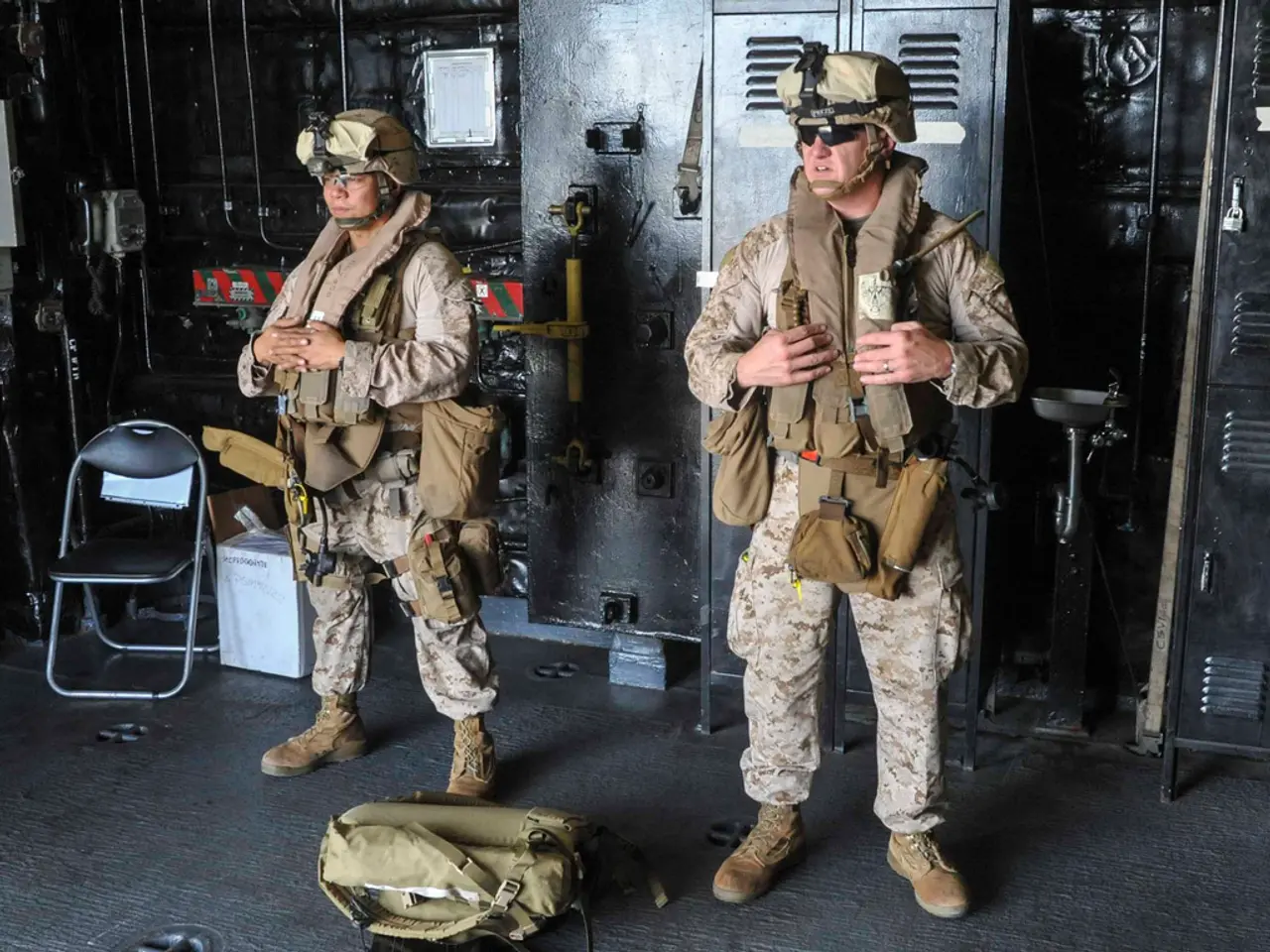Colombian President expresses necessity to terminate diplomatic ties with NATO
In a significant move away from its long-standing relationship with NATO, Colombia finds itself at a crossroads under the leadership of President Gustavo Petro. Petro, who took office in August 2022, has expressed his intention to distance Colombia from the North Atlantic Treaty Organization, citing moral and political differences with NATO's military actions.
This shift in policy marks a departure from the status quo, as Colombia became a global partner of NATO in 2017, making it the first Latin American partner of the organization. The partnership, which was formalized in May 2018 in Brussels, allowed Colombia to purchase various types of military equipment and participate in joint defense activities, without the intention of joining as a full member.
Petro's criticism of NATO and its member states has been vocal. He has condemned the use of Colombian resources in military operations, particularly in contexts where "armies drop bombs on children." In response, he has proposed the creation of an alternative international alliance called the "army of light," a coalition of like-minded nations that would diverge from alliances seen as morally problematic.
The president's stance has sparked international reactions, potentially leading to reevaluations of bilateral relationships and impacting Colombia's alliances beyond NATO. Petro, however, remains optimistic, believing that Colombia can rely on other nations to support its economic interests, even if it loses support from European governments tied to NATO.
The broadcast of Petro's speech was carried by TeleSUR, a Latin American multinational television network. During his address, he also condemned Nazism, emphasizing the need for international solidarity. It is unclear at this stage how the practical execution of this shift will unfold, but it is certain that the geopolitical and economic implications could be significant.
Meanwhile, former U.S. President Joe Biden signed an order in May 2022 granting Colombia the status of a major non-NATO ally. This status does not obligate the United States to provide security guarantees to Colombia, but it does allow for increased cooperation in areas such as defence and security.
Some of Colombia's coal exports are sent to Israel. Petro's remarks about Colombia not being involved in the supply of resources used for military purposes may have implications for these trade relations.
As Colombia navigates this shift in its international alliances, the world watches with anticipation, eager to see how this change will reshape the geopolitical landscape of the region.
- This policy shift away from NATO by President Gustavo Petro, warranting discussions on war-and-conflicts and policy-and-legislation, may lead to reevaluations of the nation's politics in terms of international alliances and collaborations.
- The proposed creation of an 'army of light' by President Petro, aiming to diverge from alliances perceived as morally problematic, has potential implications for general-news, particularly regarding Colombia's involvement in military operations and its trade relations with other countries.







